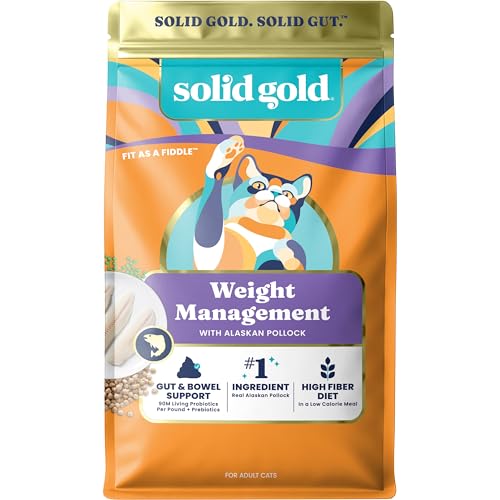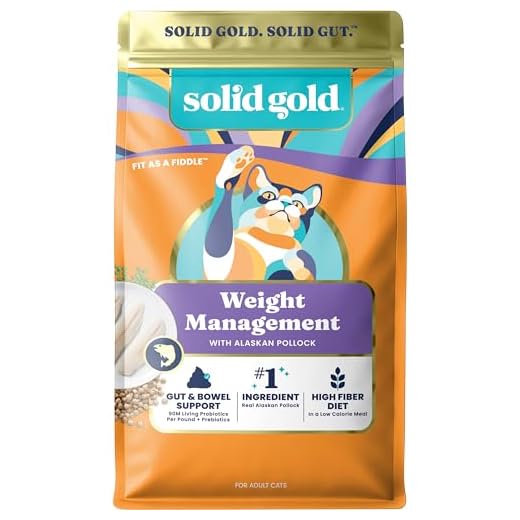

Consult a veterinarian immediately if noticeable weight reduction occurs despite regular meals. This could indicate underlying health issues that require professional attention. Common concerns may include hyperthyroidism, diabetes, or gastrointestinal disorders.
Monitor food intake closely, as sometimes the quality of nutrition can impact weight. Evaluate the caloric density of the diet being offered; high-quality, nutrient-rich foods can significantly affect body condition. Consider switching to a specialized diet formulated for weight maintenance if necessary.
Behavioral changes might also play a role. Stress or anxiety can lead to altered metabolism or food absorption. Creating a calm environment and ensuring plenty of interactive playtime can promote better health. Regular exercise not only helps maintain weight but also supports overall well-being.
Keep a detailed record of eating habits and weight trends. This information will be invaluable for discussions with a veterinarian, aiding in a more accurate diagnosis. Don’t overlook routine check-ups; regular health assessments can catch potential issues early.
Common Medical Conditions that Cause Weight Loss in Cats
Parasites are a frequent culprit behind undesired weight reduction. Intestinal worms, such as roundworms and tapeworms, can consume nutrients from food, leaving meager resources for my body. Regular deworming and fecal checks are essential to prevent these unwelcome guests.
Hyperthyroidism
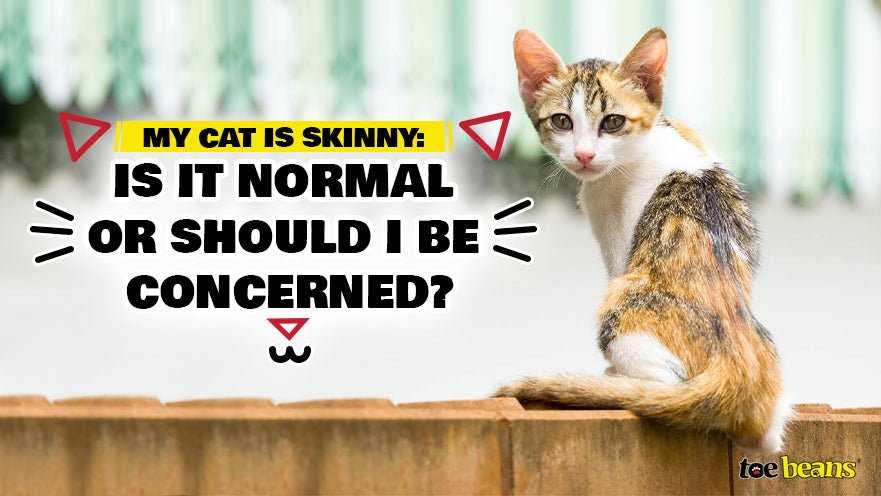
This endocrine disorder results from an overproduction of thyroid hormones. Symptoms include increased appetite, hyperactivity, and noticeable weight decline. A vet might recommend blood tests to confirm this condition, and treatment options include medication or surgery.
Diabetes Mellitus
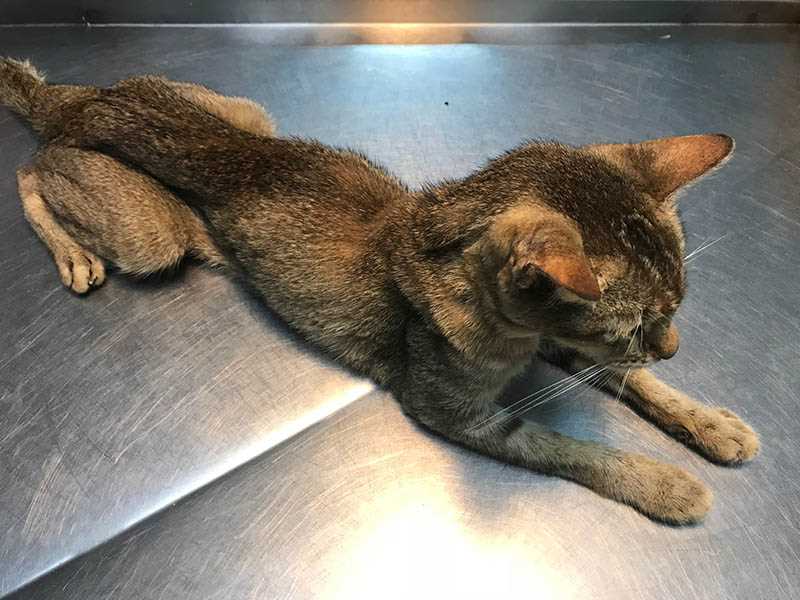
When insulin production is insufficient, glucose can’t efficiently enter the cells, leading to excessive thirst and urination alongside weight loss. A veterinary examination and glucose testing can diagnose diabetes, and management typically involves insulin therapy and dietary changes.
| Condition | Symptoms | Diagnosis | Treatment |
|---|---|---|---|
| Parasites | Weight loss, increased appetite | Fecal examination | Deworming medication |
| Hyperthyroidism | Increased appetite, hyperactivity | Blood tests | Medication or surgery |
| Diabetes Mellitus | Excessive thirst, urination | Glucose testing | Insulin therapy, diet change |
Other factors like dental diseases and kidney issues can also contribute to unwanted weight loss. Regular veterinary visits ensure early detection and effective management of these problems.
The Role of Diet in Weight Management
Adjusting the nutrition plan can significantly impact my overall health. High-quality protein sources are crucial for maintaining muscle mass. I prefer meals rich in meat, as they provide the necessary amino acids. Look for food with real meat listed first on the ingredients. This ensures my body receives proper nourishment.
Incorporating a balanced ratio of carbohydrates, fats, and fiber is also important. Fiber aids digestion and helps in feeling full. Including vegetables can enhance my diet, but it’s essential to choose cat-safe options like peas or carrots.
Portion control is vital. Measuring food based on my weight and activity level prevents overeating. Regular feeding schedules help regulate metabolism, making my body more efficient in utilizing nutrients.
Water intake should not be overlooked. Staying hydrated is key for digestion and overall health. I enjoy wet food, which provides moisture, but fresh water should always be available.
Lastly, consider consulting a veterinarian to tailor a diet plan specific to my needs. Professional guidance ensures that my nutritional requirements are met, promoting a healthy weight and lifestyle.
Behavioral Changes and Their Impact on Weight
Increased anxiety or stress can significantly influence my body condition. Environmental changes, like new pets or moving to a different home, might lead to a decline in my appetite, even if food is available. It’s essential to monitor these stressors closely and create a calm atmosphere. Providing hiding spots or safe zones can help mitigate anxiety.
Altered activity levels also play a role. If I’m less active than usual, perhaps due to boredom or discomfort, this might lead to weight loss. Engaging in daily play sessions is crucial. Interactive toys or time spent with my human can stimulate my interest and encourage physical activity.
Changes in social dynamics can impact my eating habits too. If I’m feeling neglected or if there’s tension among family members, it might affect my willingness to eat. Maintaining a consistent routine and ensuring I receive attention and affection can help stabilize my emotional well-being.
Sometimes, underlying behavioral issues like compulsive grooming can contribute to weight fluctuations. If I’m excessively preening, it could signal emotional distress. Consulting with a veterinary behaviorist might be beneficial in addressing these concerns effectively.
Regularly observing my behavior is vital. Any noticeable changes should prompt a discussion with my human and possibly a visit to the vet. Keeping track of my weight and eating habits over time can provide valuable insights into my overall health and happiness.
When to Consult a Veterinarian About Your Pet’s Weight
If you notice noticeable weight loss in your furry friend, it’s time to visit a veterinarian. Here are specific situations that warrant immediate attention:
- Weight loss exceeds 10% of your pet’s body weight in a short period.
- Persistent lethargy or decreased activity levels accompany the weight loss.
- Changes in appetite, such as sudden increases or decreases, are observed.
- Signs of gastrointestinal distress, including vomiting or diarrhea, appear.
- Unusual drinking habits, like increased or decreased thirst, are present.
- Behavioral changes, such as increased hiding or aggression, occur.
Monitoring and Regular Check-Ups
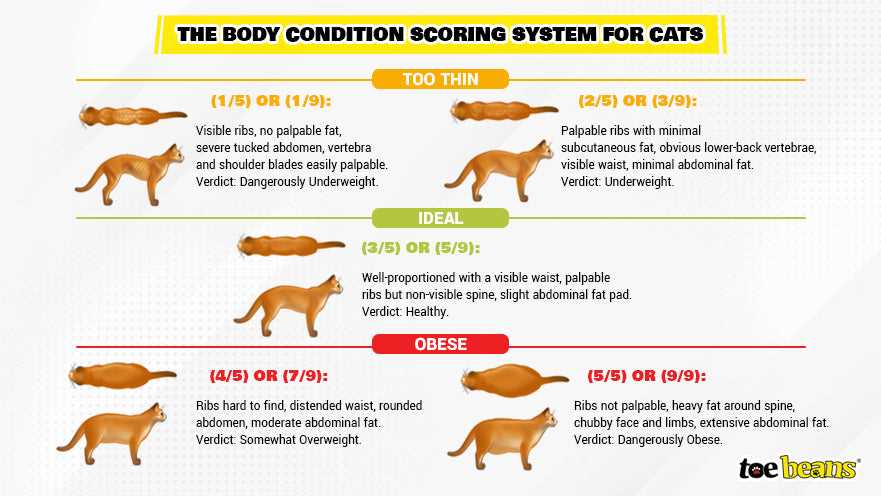
Regular veterinary check-ups are crucial for early detection of potential health issues. During these visits, your veterinarian can assess weight trends and overall health. It’s beneficial to keep a record of your pet’s weight over time to share with the vet.
The Importance of Professional Guidance
Self-diagnosis or treatment can lead to complications. A veterinarian can provide tailored advice and recommend appropriate tests to identify underlying conditions. If your furry companion enjoys engaging activities, consider options like cat toys for smart cats to encourage play and exercise.
Proactive health management is key. Don’t hesitate to reach out to a vet if something seems off. Early intervention often leads to better outcomes.
Monitoring Your Pet’s Weight and Health at Home
I recommend keeping a consistent schedule for weighing. Use a reliable scale, preferably one designed for animals, to track changes in weight weekly. Record the results to notice any patterns or fluctuations. A sudden drop can indicate underlying issues that require attention.
Daily Observations
Pay close attention to daily routines. Observe eating habits, water intake, and litter box usage. Changes in these areas may signal health problems. Look for unusual behaviors, like lethargy or hiding. These can provide clues about well-being.
Feeding Practices
Establish a feeding routine with specific portions. Measuring food can help maintain a healthy weight. If your furry friend is consuming the same amount yet losing weight, consider the quality of the food. Ensure it meets nutritional standards suitable for their age and health status.
Encourage physical activity while monitoring playtime. Engage with toys or interactive games that promote movement without stressing them out. Balance between exercise and rest is crucial for maintaining a healthy physique.
Regular check-ins and attentive monitoring can significantly impact overall health. Your involvement is key to ensuring a happy and healthy life for your beloved companion.

